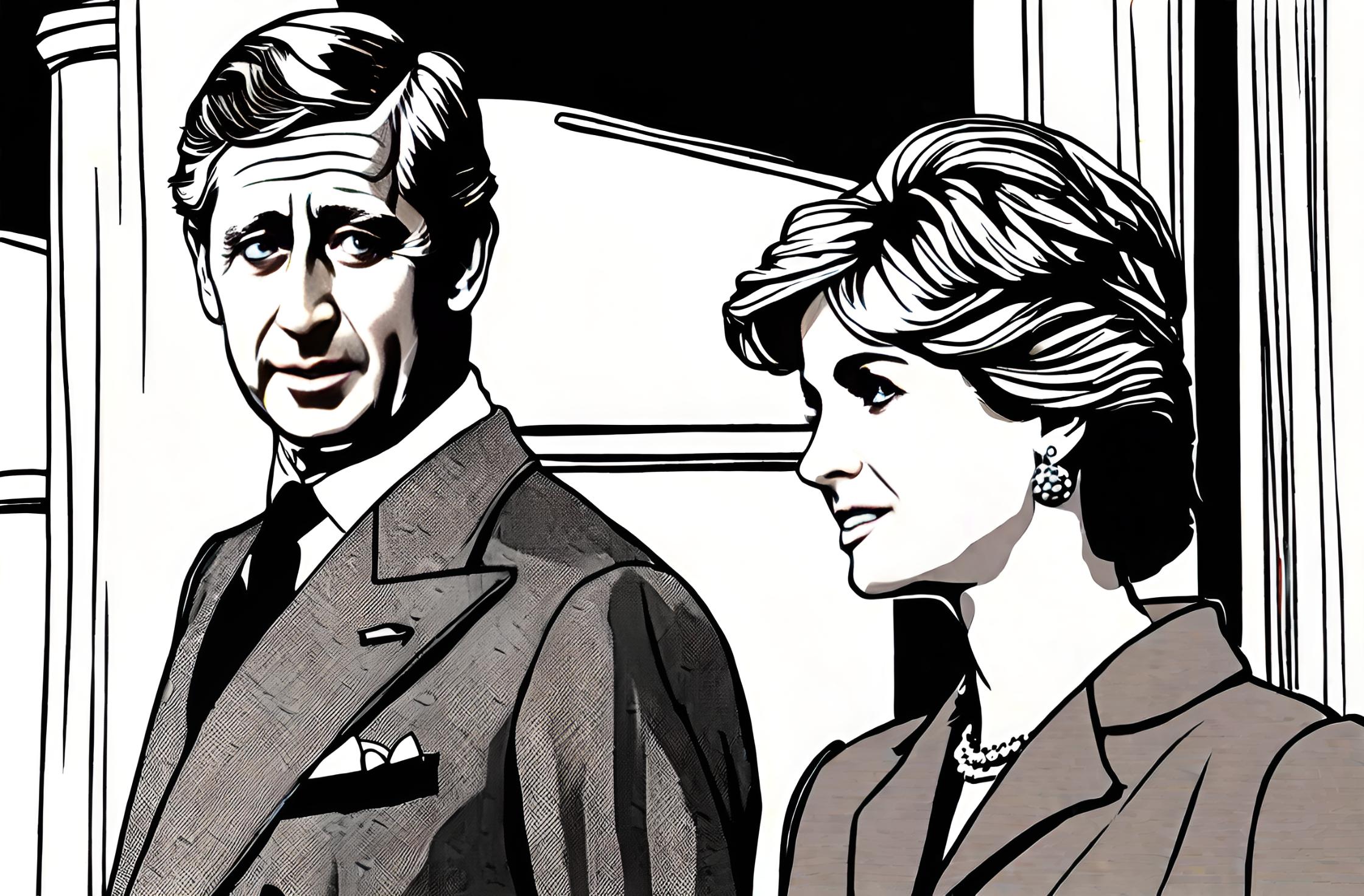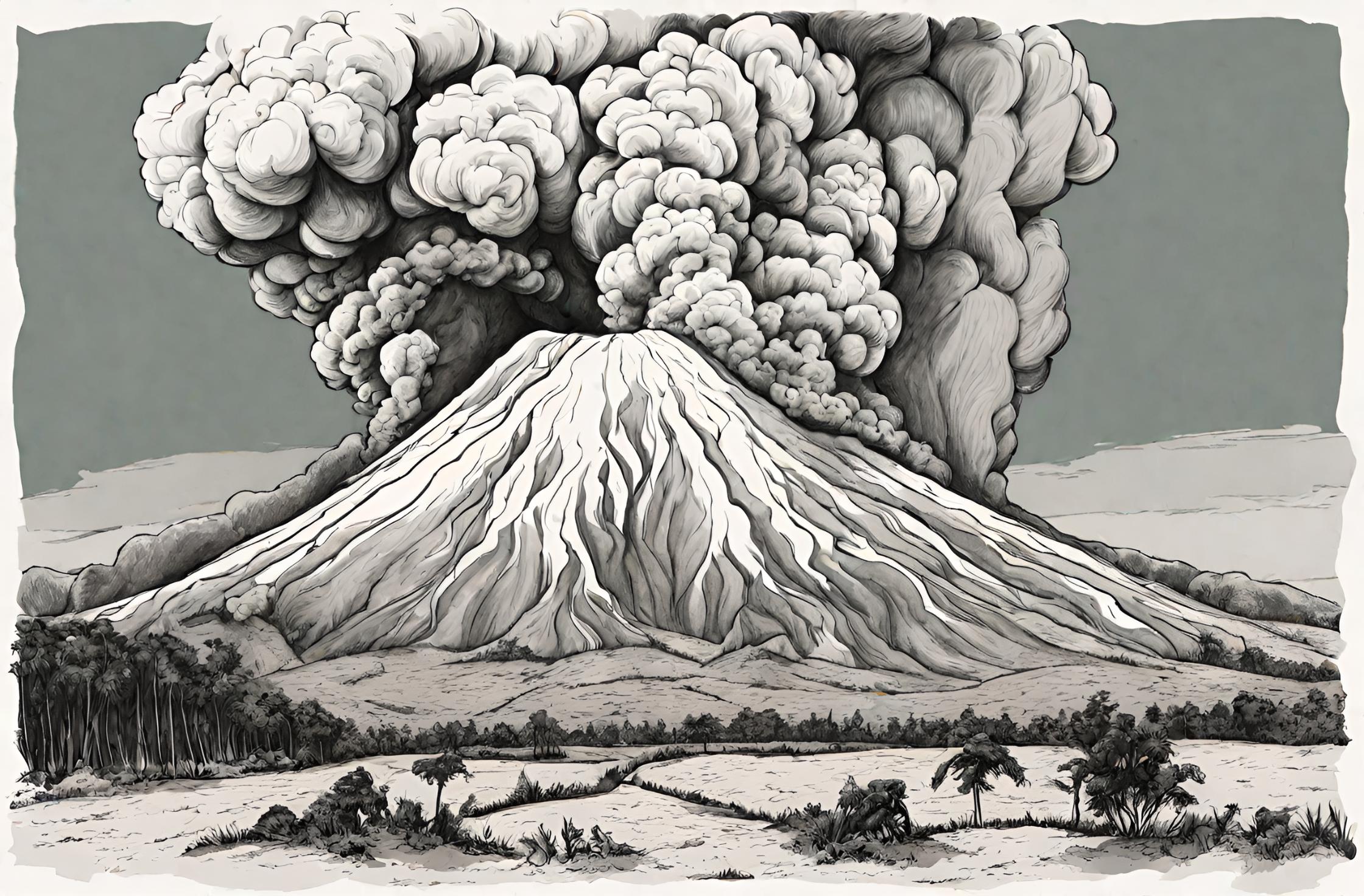Flashback to August 28
World History

1979
An IRA bomb kills Lord Mountbatten and 3 others on holiday in Sligo, Republic of Ireland. Another near Warrenpoint, Northern Ireland kills 18 British soldiers.
Read moreOn August 27, 1979, a day that will be forever etched in the annals of history, a series of disastrous events unfolded, shaking the Ireland and the United Kingdom to its core. Two devastating bombings orchestrated by the Irish Republican Army (IRA) resulted in the tragic loss of many lives, including that of Lord Mountbatten, a notable British statesman and naval officer. This incident unfolded in Sligo, Republic of Ireland, while another equally catastrophic bombing targeting British soldiers occurred near Warrenpoint in Northern Ireland.
The fateful moment of the first explosion resulted in the immediate death of four individuals. Lord Mountbatten, a British naval officer who held significant sway in the political arena and was directly related to the British royal family, was one of the victims. He and the other three victims were on a boating holiday in Sligo, a picturesque city in western Ireland known for its stunning landscapes and rich cultural heritage.
The blast that caused their untimely demise was later attributed to the IRA, an organization that was actively involved in advancing the cause of Irish unification through aggressive and often violent means. This dreadful act represented a strategic maneuver with political implications aimed at drawing attention to their cause and destabilizing the British administration.
In a different incident that took place on the same day near Warrenpoint, Northern Ireland, 18 British soldiers lost their lives to yet another ferocious bombing act, allegedly perpetrated by the same faction. The events of the day further exacerbated the tensions between Britain and the Republic of Ireland, adding another grave chapter to the lengthy and complicated history of the Irish-British conflict.
The tragic events of that summer day in 1979, which brought the verdant landscapes of Ireland to a haunting standstill, reverberate in the memories of those who lived through it and linger in the volumes of history that followed. The radicalism and violent tactics employed by the IRA in their pursuit of a unified Ireland continue to stimulate debates and studies on the political landscape of the region.
The implementation of such extreme tactics by the IRA during this period had a profound influence on the perceptions of the organization both domestically and internationally. Domestically, the violent actions spurred a broad range of emotional reactions, from sympathy for the IRA’s cause within the local Irish community to outright abhorrence and condemnation. Internationally, it pushed the IRA into more prominence but also led to their increasing marginalization.
The potency of these bombings and the high-profile nature of the victims also spurred the British government into action, prompting them to reassess their strategies for handling the IRA threat and their broader approach to the Northern Irish situation. The tragic loss at Sligo and Warrenpoint vastly intensified the ongoing struggle between the IRA and the British government and marked a significant turning point in the narrative of the Irish-British conflict.
The 1979 bombings in Sligo and Warrenpoint remain as potent reminders of the rapidly escalating conflict between the IRA and the British authorities. The loss of Lord Mountbatten, three other civilians, and 18 British soldiers reiterated the harsh realities of the prevailing situation and brought home the immense and indiscriminate destruction that such violence would inevitably yield. This unprecedented act of violence and its repercussions provided a grim but defining moment in the history of the Northern Irish conflict.
Remembering and analyzing incidents like the 1979 bombings is crucial, not only to ensure that such unfortunate acts of violence do not recur, but also to contribute towards a more comprehensive understanding of the complexities of the Irish-British conflict. These reflections compel societies to comprehend and appreciate the significance of peace, justice, and reconciliation in an era that is still marred by numerous political conflicts across the globe.
We strive for accuracy. If you see something that doesn't look right, click here to contact us!
Sponsored Content

Britain’s Charles, Prince of…
"Marking a major event…

Mount Sinabung in North…
On August 28, 2010,…

The Roman general Orestes…
On August 28, 475,…

76 die in an…
Tragedy struck Tajikistan on…

Abdullah Gnl is elected…
On August 28th, 2007,…

At Germany’s Ramstein Air…
On August 28, 1988,…

